Everyone wants to love and be loved because love makes the world go round, doesn’t it? But what happens when a pure and beautiful feeling like love gets twisted and is used to fixate on a person and try to control them? Obsessive Love Disorder happens. In a situation like this, love quickly starts to feel like a noose around the neck, and it only seems to get tighter and tighter the more one tries to escape it.
Let me make one thing clear from the get-go: obsessive love is not love. Love never seeks to control or harm; true love is supposed to make you feel safe, secure, and at peace. Obsessive Love Disorder will never let anyone live in peace and will make them feel like they have to sleep with one eye open.
Let’s delve deep into what Obsessive Love Disorder really is.
Related: Is Love Addiction Real? 4 Types of Love Addicts
What Is Obsessive Love Disorder?
Obsessive Love Disorder (OLD) can be defined as a condition that causes an individual to become fixated and obsessed with the person they think they are in love with. They pursue their object of love relentlessly because they remain under the delusion that their love is being reciprocated.
People suffering from OLD believe that they need to protect the one they love obsessively, and even try to control everything they do. Even though OLD is not considered to be a mental health condition yet, it’s a crippling condition that can only get worse with time, unless therapy and medical intervention are provided.
If you are someone who suffers from Obsessive Love Disorder, then chances are you will end up having dysfunctional relationships, and you might even, in some cases, stalk, and threaten the object of your desire, if your feelings are not reciprocated in the ways you want.
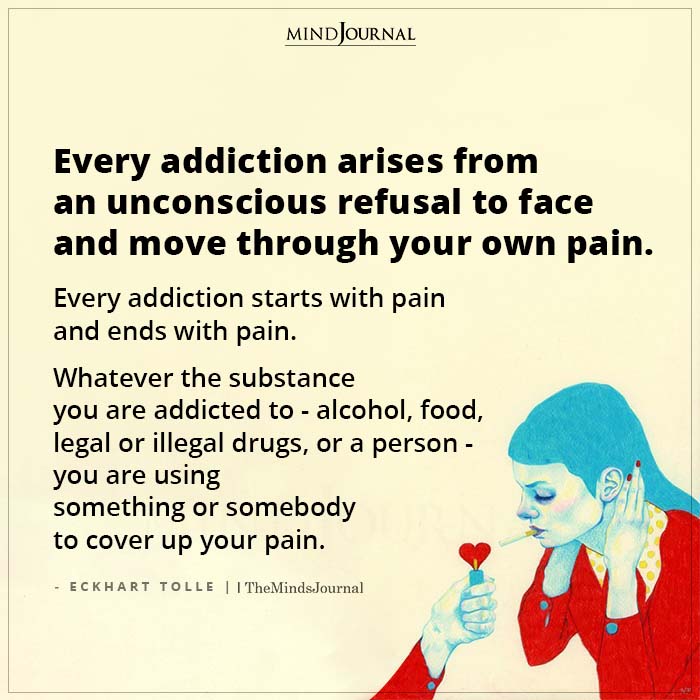
Causes Of Obsessive Love Disorder
So, what causes obsessive love disorder?
Obsessive Love Disorder has never been classified as a mental health disorder/mental health condition/mental illness, and that’s why it’s hard to properly understand the underlying causes behind it. However, generally, it has been associated with or seen as a major symptom of some other preexisting mental health condition in people.
For example, people suffering from Obsessive-Compulsive Disorder (OCD), Post-Traumatic Stress Disorder (PTSD), Borderline Personality Disorder (BPD), Delusional Disorder, Bipolar Disorder, and Schizophrenia, might show symptoms of OLD.
Another major and potential cause of OLD can be attachment disorders. When someone is unable to form healthy bonds and relationships with other people, including family members, it might quickly escalate to problematic situations and attachments. Attachment disorders can lead to someone becoming too needy, clingy, and obsessive about their partner.
There can also be a link between obsessive love disorder and childhood trauma. Children who never got the right kind of parental love and affection sometimes grow up to have a skewed view of love. Or, if they have grown up witnessing an abusive relationship between their parents characterized by control, over-possessiveness, and violence, they internalize it and think that that is what love is supposed to look like.
Now, let’s find out what are some qualities of obsessive love and how does it look like.
Related: 6 Signs It’s Not Love But Obsession And Emotional Abuse
8 Signs Of Obsessive Love Disorder
1. You want constant updates on their life.
You just cannot stay away from them, and always have this uncontrollable need to know what’s going on in their lives and what they are up to.
Constant texts and repeated calls are common things for you, and no matter how disturbed they might feel, you keep on doing this just to check whether they’re thinking about you or not.
2. You are petrified of losing them.
The mere thought of losing them is unbearable for you, and you are willing to go to any lengths to make sure that never happens.
You constantly suffer from panic attacks and anxiety, thinking that your partner might leave you, or worse, leave you for someone else. In your mind, you just can’t survive without them.
3. You want to spend every waking moment with them.
Spending quality time with your partner takes a whole new meaning when it comes to suffering from Obsessive Love Disorder.
You would want to spend all your time with them, and expect them to do the same for you. Apart from them, you have no one else to spend time with in your life, and your partner should also let go of their social life in order to spend time with you.
4. You are always convinced and adamant that they are cheating on you.
This is one of the major symptoms of obsessive love disorder. No matter how nice, unproblematic, and loyal your partner might be, you always think that they are cheating on you, or they are planning to leave you for someone else.
You might not have any evidence to prove this, or even think like this, but you will still be obsessed with this thought.
Related: Obsessive Relationship: Are You Overly Attached To Your Partner? Quiz
5. You have a pathological need of controlling your partner.
For you, love means controlling your partner, and you leave no stone unturned in making sure of that. In order to feel more secure in the relationship, you always try to control your partner and their emotions, where they are going, who they are meeting, what they are wearing, etc.
You want to keep a tab on everything they do because, in your mind, that is what love looks like.
6. You don’t hesitate to emotionally manipulate them.
Whenever you see things not going your way, you straight out emotionally manipulate your partner. If your partner refuses to do as you say, you resort to manipulative actions such as having emotional outbursts, crying, shaming them, making them feel guilty, and telling them how much you have done for the relationship, and how much you love them.
This almost always works in making your partner feel guilty for being angry in the first place, and they end up doing what you wanted them to do in the first place.
7. You firmly believe you are the only one who can and has to protect them.
One of the classic Obsessive Love Disorder symptoms is this. You feel that you are the only one in the world who can protect your partner, and without you, they will never be able to live happily and safely.
Because of this type of mindset, you hide them and stop them from even going out and meeting people, because you have this fear that someone will take them away from you. Hence, you need to protect them and your relationship.

8. You are unhealthily codependent on your partner.
You are so obsessed with your partner, you ignore all your family and friends and spend all your time and energy on your partner. You have alienated everyone and isolated yourself in the relationship, and there’s no one else in your life apart from them.
Additionally, you have absolutely no hobbies or interests outside of the relationship, and all the things that made you happy, you have stopped doing all of them.
Related: 10 Signs You Are In a Fantasy Relationship and Not A Real One
What Is The Difference Between Healthy And Obsessive Love?
The biggest difference between healthy love and obsessive love is that healthy love will never try to control or coerce or guilt someone into loving you, whereas obsessive love does exactly that. Healthy love is love in the truest sense, whereas obsessive love is best defined as extreme infatuation.
Normal, healthy relationships are not characterized by fear, instability, violence, control, or codependency. But obsessive relationships are. A healthy partner will never expect their partner to be scared of them, nor will they try to control each other all the time.
Trust is also a huge determining factor when it comes to differentiating between the two. In a healthy relationship, couples don’t always suspect each other or constantly think that their partners will cheat on them.
However, in obsessive love, you are always scared that you will be left in a lurch by your partner. If your partner is out with their friends and they don’t reply to your texts instantly, you think that they are out there cheating on you.
How To Treat Obsessive Love Disorder
As far as treatment for obsessive love disorder is concerned, doctors will try to treat the underlying causes and preexisting conditions in order to tackle this in the best way possible. In case, there are no existing conditions or causes, then a specific treatment plan will be customized for the patient, as per their symptoms and needs.
Generally, a combination of psychotherapy and medications is the most effective way for treating an obsessive love disorder diagnosis. Medications such as anti-anxiety, anti-psychotics, mood stabilizers, and antidepressants can prove to be really effective.
Apart from psychotherapy, some other kinds of therapy that can really help you overcome love obsession are Cognitive Behavioral Therapy, Talk Therapy, Dialectical Behavioral Therapy, and Play Therapy (for children).
The involvement of families can also prove to be crucial during therapy sessions, especially if your obsessive love disorder is a result of childhood trauma, childhood neglect, and dysfunctional childhood.
Related: Do You Crave Love? 7 Signs Of Emotional Hunger
How Do You Break Free From Obsessive Love?
Coping with obsessive love disorder might seem daunting and impossible, but it’s really not. Yes, it can prove to be quite tricky, but not impossible. As mentioned above, therapy can work wonders to help you deal with this, but here are a few more things you can do to work on it.
- If you notice that your feelings for another person are slowly consuming you and are becoming obsessive, then don’t ignore them. Acknowledge them and get help.
- Talk to your friends and family about how you feel so that you have a better idea of what healthy love looks like.
- Acknowledge that you have a problem, and promptly seek help.
- Engage yourself in your favorite hobbies and interests, and things that make you happy. This will not just help distract you, but will also give you something else to think about, apart from your relationship and obsessive feelings.
- If needed, openly talk to the person you “love” about what you are going through and maintain some distance from them, until you know how to handle and express your feelings in a healthy manner.

If you are trying to cope with obsessive love disorder, then let me tell you one thing: Just hold on because you have got this. The journey to recovery might not be smooth-sailing, but if you acknowledge what’s going on, take your obsessive love disorder treatment seriously, and give genuine efforts in trying to recover, then you can indeed heal and live a happy and normal life.
Disclaimer: This article is for informational purposes only and is not intended as a substitute for professional mental health advice, diagnosis, or treatment. While we strive for accuracy, we do not guarantee the completeness or reliability of the information provided. Readers should always seek guidance from a qualified mental health professional for any concerns regarding their mental well-being.
Frequently Asked Questions (FAQs)
Can obsessive love disorder be platonic?
Yes, obsessive love disorder can be platonic.
Does obsessive love last?
Obsessive love can last at most for 2 or 3 years.
Can a psychopath have obsessive love disorder?
Psychopaths normally do not get obsessed with anyone. If you break up with them, they will forget you in a matter of days and live their lives happily.
How to get rid of obsessive love?
Obsessive love disorder can be treated with therapy and medications such as anti-anxiety, anti-depressants, mood stabilizers, and antipsychotic medications.
How do I stop being obsessive over love?
Some of the best things you can do to stop being obsessive over love are – to busy yourself with hobbies and things that make you happy, acknowledge that it’s an obsession and not love, consciously try to see things in a healthy way, and seek therapy when things feel too overwhelming.



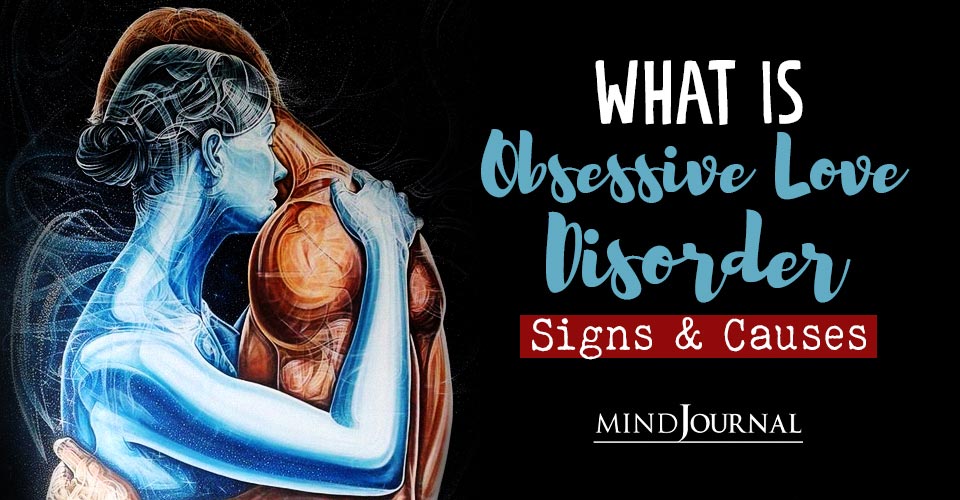
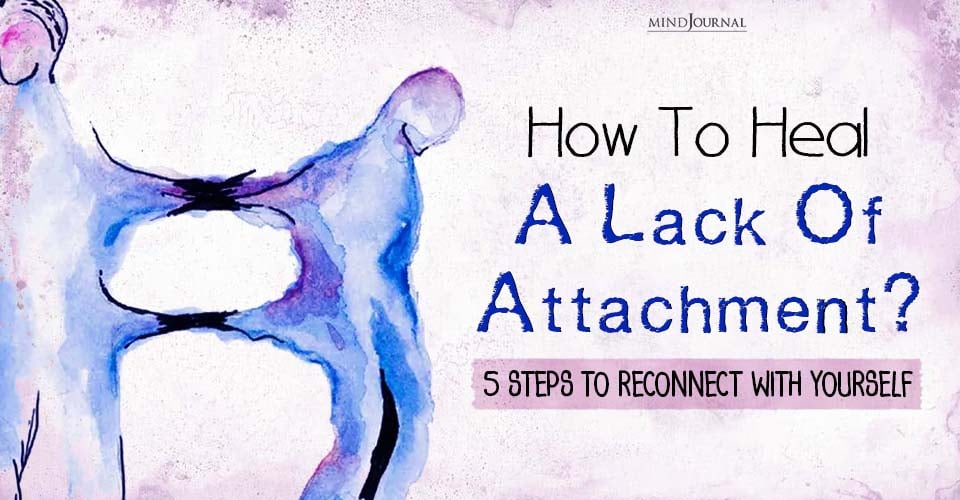


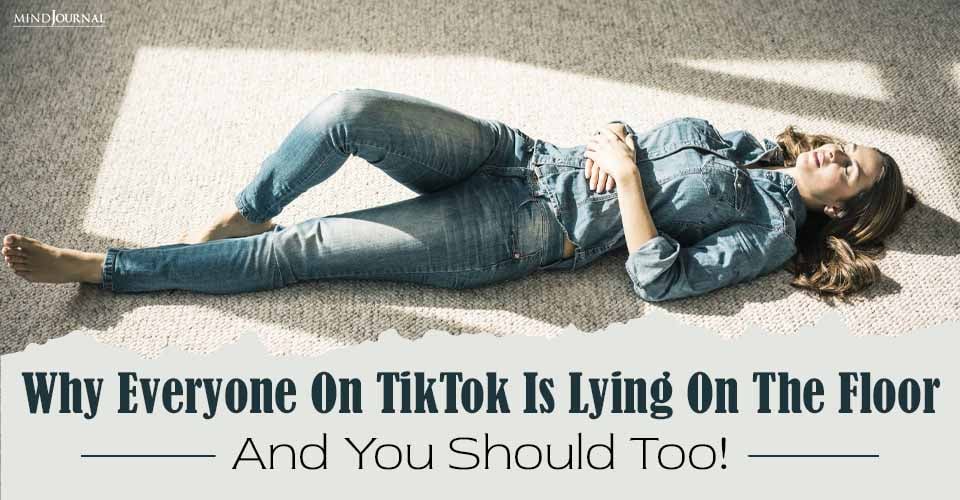
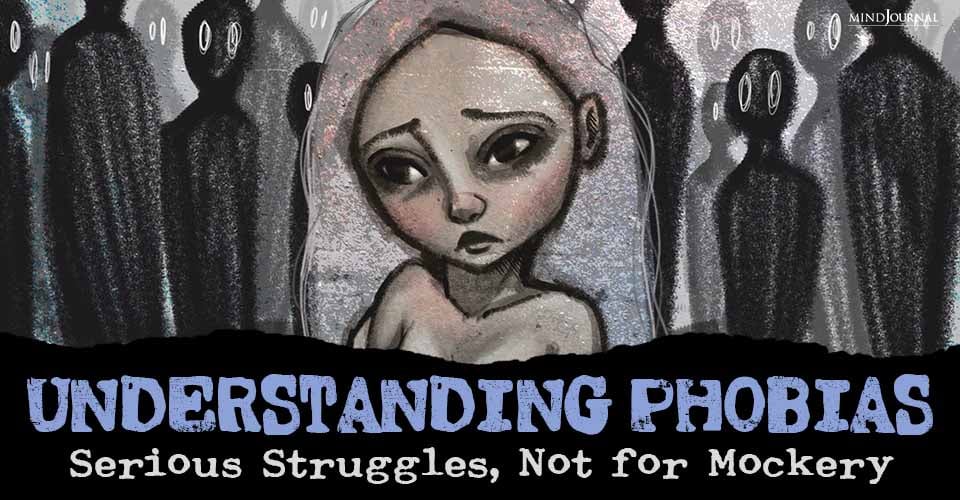
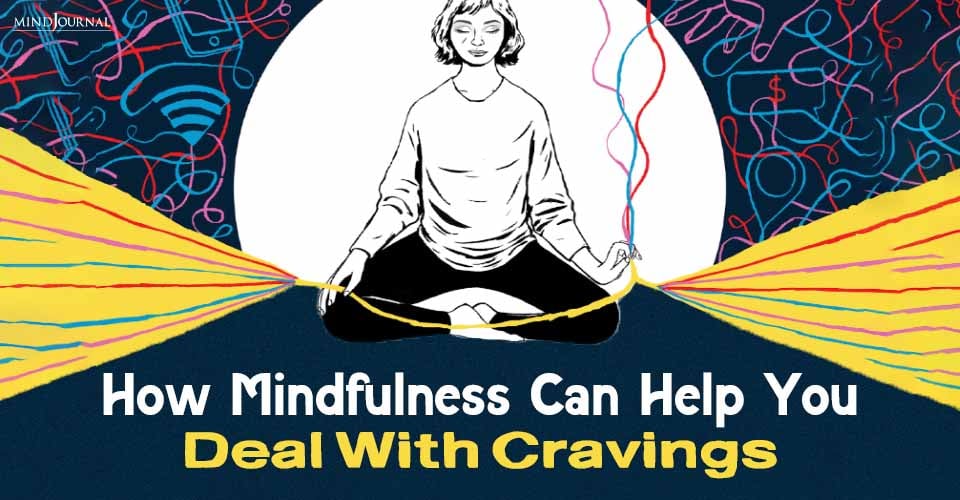

Leave a Reply